
Living Off Grid
What does it mean and where do you start?
Living off grid simply means not being dependent on the everyday utilities, mains gas and electricity, sewerage & town water.
When you live off the grid, you’re essentially self-sufficient, and able to take care of your own power, water and waste products using alternate methods such as solar panels or wind turbines for your power, rainwater tanks and either a composting toilet or eco sceptic systems that turn sewerage into usable grey water.
The desire to live in a more sustainable manner is growing in popularity in Australia and many other parts of the world. As such more affordable and smart technologies are emerging, allowing people to still enjoy a comfortable lifestyle while significantly reducing their impact on the environment.
2020 was a game changer for many people, and a new understanding of how reliant we are on big companies and available of ready resources, especially in times of difficulty as we all witnessed with the panic buying during COVID.
There are many different reasons people are choosing this lifestyle, for some it is a personal journey and taking responsibility for their impact they are having on the earth, for others it is simply an affordable alternative, either way the result is the same. We use less resources, live a healthier lifestyle with more nutritious food while learning new skills, and do our bit to help the earth.
With housing costs on the rise, more and more Aussies have been looking into different options for housing and there are plenty of choices.
Shipping containers, buses being converted into homes and premade camper homes, and the adorable tiny homes are among the top choices. Some still build in the normal way but are opting for smaller homes and not connecting to mains power, water or sewerage.
There can be a lot of upfront costs if you want to switch to this kind of lifestyle, but the returns are big once you’ve settled in. According to the people who’ve tried it, switching to off-grid living can pay for itself within three to five years. When you compare this to the price of buying a home it is an attractive offer, not many can pay off their home in 5 years.
Is it legal to live off the grid in Australia?
The answer is yes but with a few conditions.
For example:
- Zoning and housing permits: Each town may have its own laws about living off-grid, so it’s best to check the local regulations about living off-grid.
- Rebates and incentives: If you get your off-grid setup up and running, you might be eligible for incentives from the government. These can further help offset the costs of switching to this kind of lifestyle. Such as the solar rebates on offer.
You need to do a bit of research, while it is easier in 2021 to switch to an off-grid set up, you should look at the laws governing construction and land use in your area before you begin.
Power choices, this is the big one as we all want to be able to run a fridge and cook a meal with the same level of convenience we now enjoy.
Off-grid solar energy
As one of the most popular sources of sustainable power, solar energy is the off-grid system of choice for many Australians. With major companies like Tesla creating power wall batteries for homes, it’s a convenient and affordable energy source to switch to.
Off-grid wind energy
This is a good option for many rural locations, as wind energy can accumulate a lot of power quickly. Storing the excess power is the same as with solar, you use batteries to store it for later use.
Some people use both options.
The one thing that we have in abundance is people willing to assist you.
Between YouTube, Facebook groups and websites devoted to this subject there is plenty of good and useful information available.
Here are a few I have found useful.
Regards Shakya Jemison
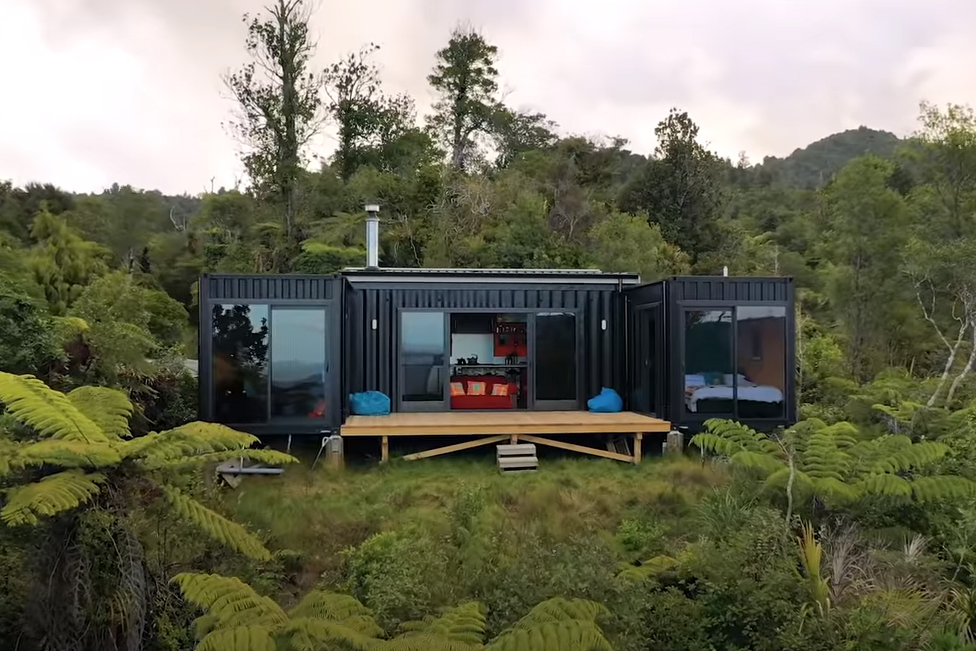
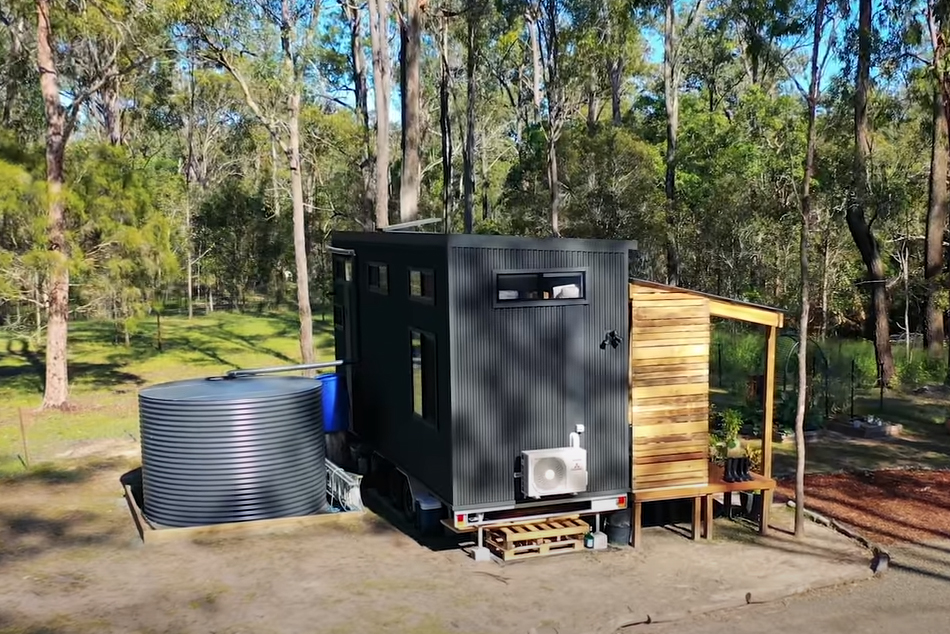
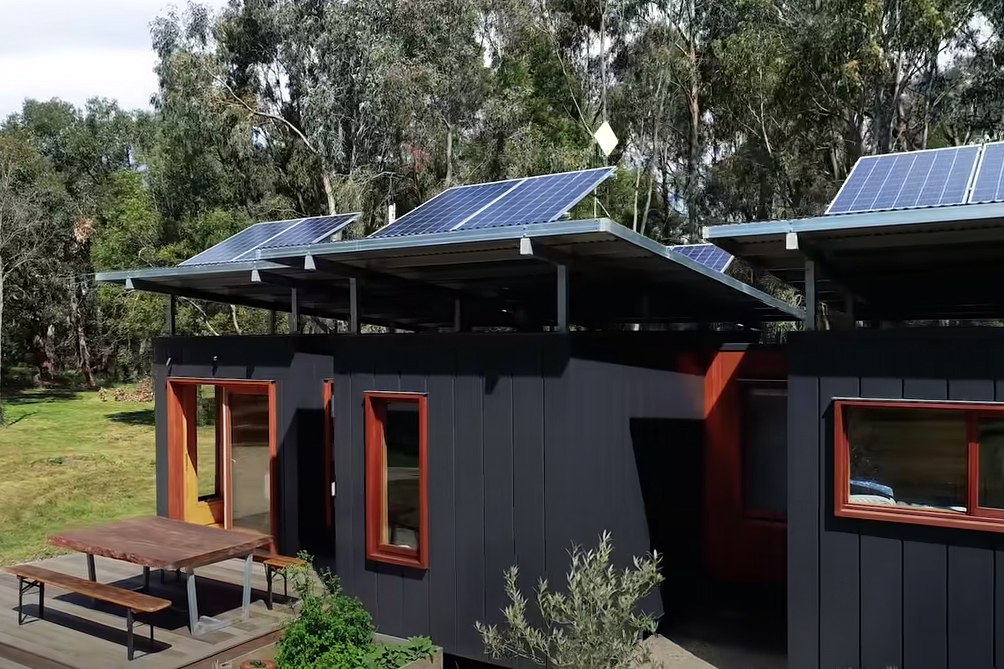
Useful Facebook Pages and Groups
Below are a few local Facebook groups and a couple of other Australian Off Grid pages I follow as I have found them an excellent resource.

Permaculture Gympie Region
Local permaculture group that has regular meetings, where they swap food, cuttings and ideas. We often visit other peoples property to see what can be achieved.
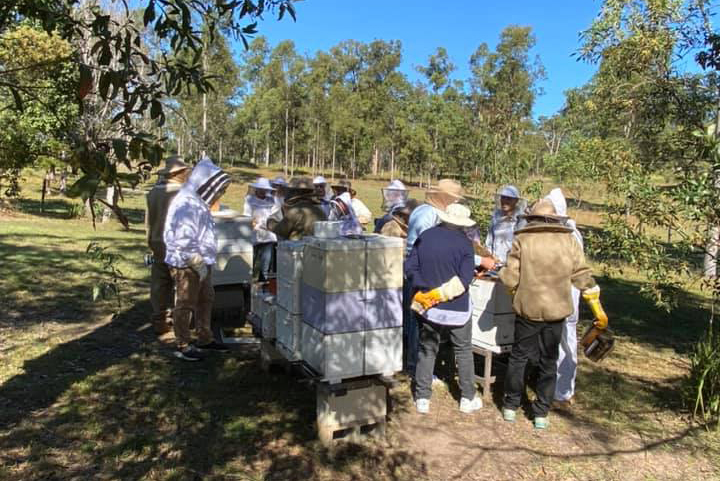
Valley Bees
Our local Bee groups meets twice a month at Gympie Landcare and Honey Wellness resort, with workshops and hands on advice. New members welcome.
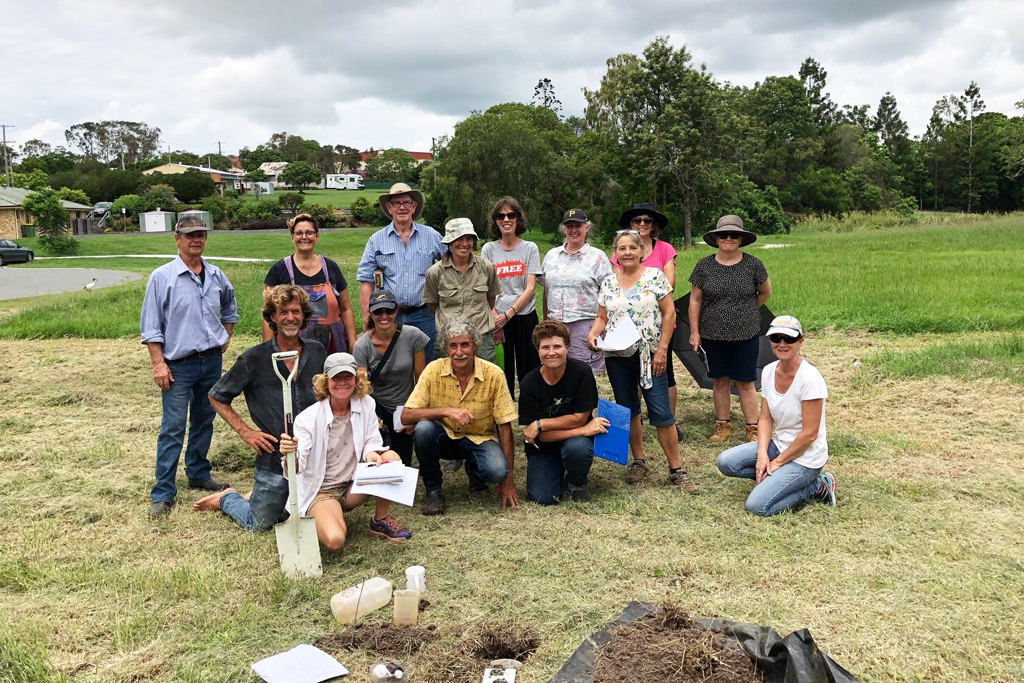
Gympie Community Gardens
Community gardens help people learn how to grow, harvest and prepare healthy food. Members share their knowledge and skills with the whole community in a fun, sociable and friendly environment.
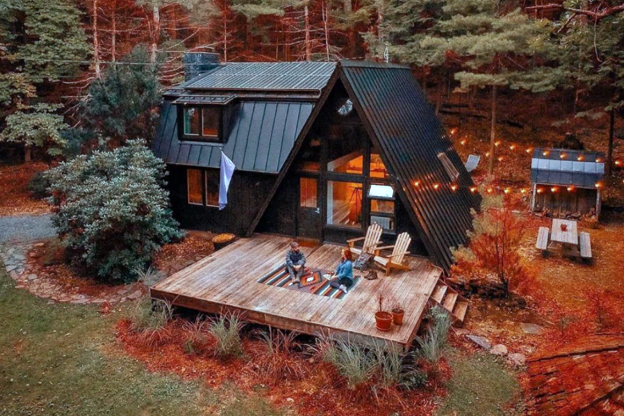
How to Start Living Off the Grid in Australia
Searching for Information on How to Start Living Off Grid in Australia? Our “Guide to Off Grid Living” Provides Everything You Need to Research Before Building an Off Grid Shed or Cabin in Australia
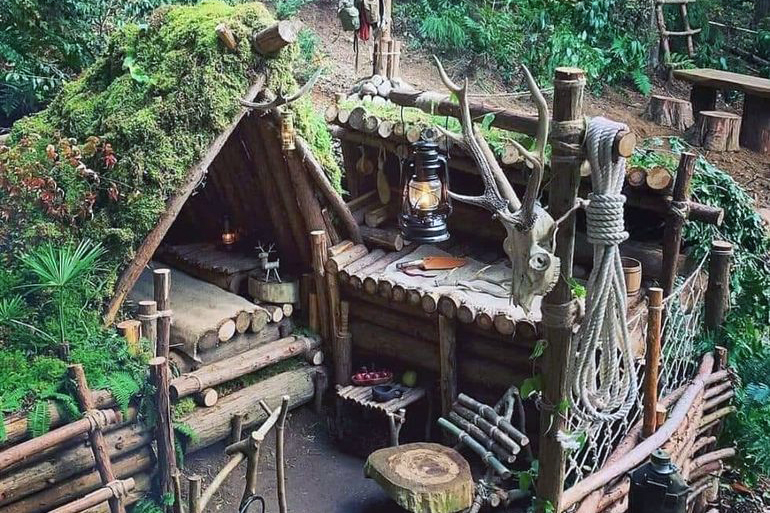
Off grid living - leaving the matrix
Building a foundation team to bring workshops, events, festivals, and online training in all things off grid living and leaving the matrix to teach and inspire others.
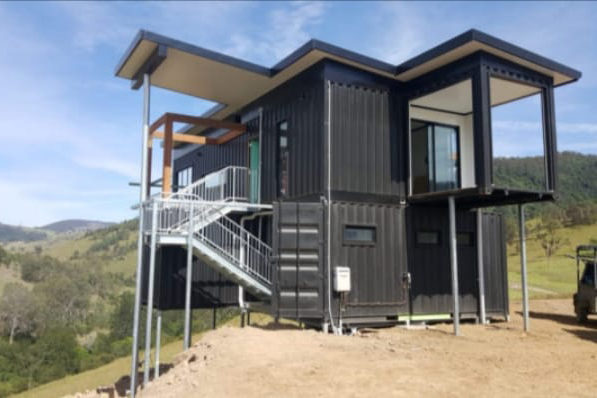
Off the Grid Australia
An informative page that share’s advice , products and experience’s in setting up and maintaining self sufficiency and off the grid living.
YouTube Channels
Below are a few YouTube channels I have subscribed to with great ideas and helpful hints.
Living Off Grid in Gippsland
This woman is my hero, and what I want to achieve. She moved to Goongerah in remote East Gippsland over 30 years ago.
Living Big in a Tiny House
This is one of my favourite channels, there are so many different styles and ideas, it is a wealth of information.
Stunning Modern Tiny House in Queensland
Beautifully built and filled with great small space design ideas, this modern tiny house in rural Qld is a wonderful example.
Self sustainable zero waste Melbourne
Potted gardens fill both balconies, growing everything from pumpkins to chickpeas. Food grade plastic 44-gallon drums are positioned everywhere, as soil-filled pots acting as ballast for the house and as wicking beds. The house is also running Aquaponics systems, with fish, yabbies and fresh-water mussels contributing nutrients to 2 large growing beds.
5 x 20ft Shipping Container Home
Situated in the middle of a spectacular conservation block her beautiful modern shipping container home has been wonderfully designed to take full advantage of the beautiful surrounding landscape.
For great compost, think like a microbe
Microbes need air, water and food. Get that right, and the local microorganisms and insects will soon transform your kitchen and garden waste into rich, healthy, sweet-smelling compost.
